Who says Pfizer vaccine is unsafe? says WHO
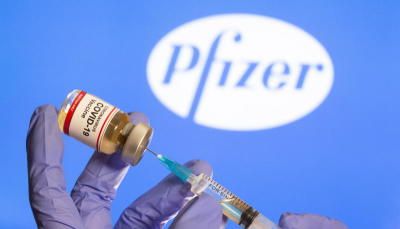
PETALING JAYA: The World Health Organization (WHO) has allayed fears over the effectiveness of the Pfizer-BioNTech vaccine, saying the vaccine meets its safety, efficacy, and quality standards.
Questions over the efficacy of the vaccine were raised by Peter Doshi, a professor from the University of Maryland School of Pharmacy, and his claims were widely reported by several news outlets, including China’s Global Times.
Doshi, in his analysis of publicly available data, indicated that the vaccine’s efficacy may be much lower than the 50% threshold set by regulators, including WHO and the US Food and Drug Administration.
WHO’s head of mission and representative to Malaysia, Brunei, and Singapore, Dr Jacqueline Lo, has refuted that, saying the vaccine has met the organisation’s “must-have” safety and efficacy criteria.

“Regulatory experts convened by WHO from around the world and WHO’s own teams reviewed the data on the Pfizer-BioNTech vaccine’s safety, efficacy, and quality as part of a risk-versus-benefit analysis,” she told FMT in an email.
She added that the benefits of using the vaccine to address Covid-19 outweigh the potential risks.
Malaysia is among the countries which have bought the Pfizer-BioNTech vaccine and has ordered around 25 million doses, covering 39% of the population.
Lo said the clinical trials involved 43,448 participants, half of whom received the vaccine and the other half received a placebo.
“The trials showed that the vaccine candidate was well tolerated and demonstrated 95% efficacy in preventing Covid-19 in those without prior infection of seven days or more after the second dose, compared to the placebo.”

Lo said WHO has listed the Pfizer-BioNTech vaccine for emergency use, making it the first Covid-19 vaccine to receive emergency validation from WHO.
She also said the Strategic Advisory Group of Experts on Immunization (SAGE), which advises WHO, has a thorough methodological process for issuing or updating recommendations including for Covid-19 vaccines.
Lo admitted that there was a lack of data on safety and efficacy after one dose, beyond the three-week intervals between the two doses, in the ongoing clinical trial.
However, she said, SAGE made a provision for countries in exceptional circumstances of vaccine supply constraints and epidemiologic settings to delay the administration of the second dose for up to six weeks in order to maximise the number of individuals benefiting from a first dose.


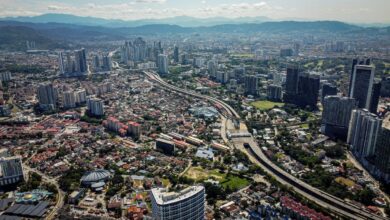
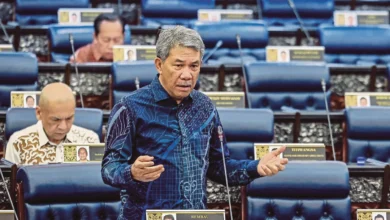
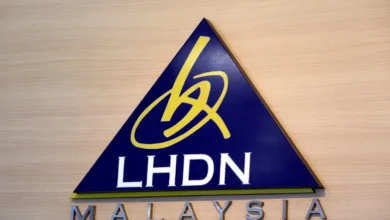
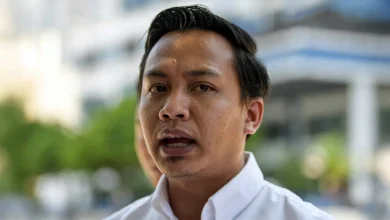
You must be logged in to post a comment.